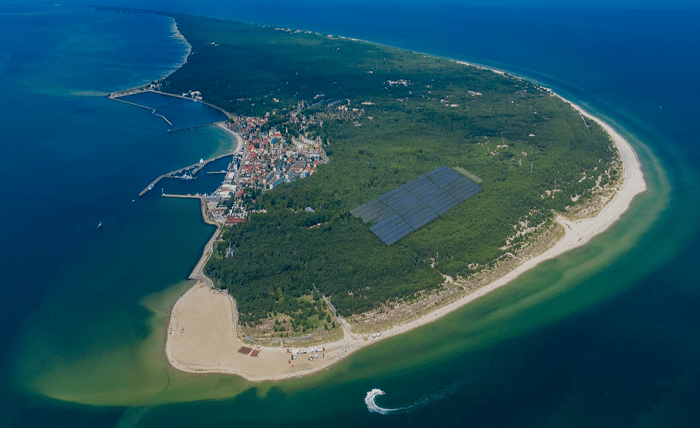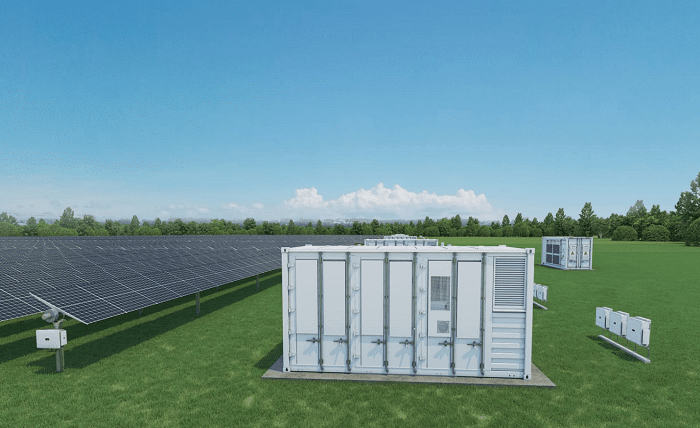Micro Solar Systems: Harnessing Sustainable Power for the Future

Solar energy is rapidly becoming one of the most dominant forces in the renewable energy sector. With the recent advancements in technology, solar power is more efficient and affordable than ever. Among the myriad of solar solutions available in the market today, micro solar systems have emerged as one of the most promising. Micro solar systems, as the name suggests, are smaller-scale solar installations. Unlike the traditional large-scale solar farms or arrays, these systems are designed for versatility and can be set up in locations with space constraints or areas that are off the grid. By utilizing these systems, communities, and individuals can harness solar power in places previously deemed unsuitable or uneconomical for solar installation.
Enhanced Energy Independence
One of the primary advantages of micro solar systems is the enhancement of energy independence. These systems enable users to generate their electricity, reducing reliance on national or regional power grids. For remote areas where the grid might not be accessible, or in regions where power outages are frequent, micro solar systems can be a game-changer. They not only ensure a continuous power supply but also reduce the costs associated with transporting fuel or setting up power lines in inaccessible areas.
Scalability and Flexibility
Another compelling benefit of micro solar systems is their scalability and flexibility. Since these systems are not one-size-fits-all, they can be customized to meet the unique needs of a specific location or application. As energy needs grow or change, additional panels or components can be added seamlessly. This modular nature ensures that investments in micro solar can be made incrementally, reducing the upfront capital required and allowing for organic growth in line with demand.
Environmental Benefits
Micro solar systems, like all solar power solutions, are clean and green. They harness energy from the sun, a renewable resource, and produce no greenhouse gas emissions. By replacing or reducing the need for fossil fuels, they contribute to a reduction in carbon footprint. Given that smaller communities or individual households deploy many micro solar systems, their cumulative environmental impact can be substantial.
Economic Savings in the Long Run
While the initial investment in micro solar technology can vary, the long-term economic benefits are undeniable. Once installed, the operational costs are minimal. Without monthly electricity bills or the unpredictability of fuel prices, users can enjoy consistent and, in many cases, free power. Over time, the savings can be significant, making the return on investment for micro solar systems highly attractive.
Integration with Other Renewable Sources
Micro solar systems are incredibly versatile, and this extends to their ability to integrate seamlessly with other renewable energy sources. For instance, in areas where wind power is viable, a hybrid system combining both solar and wind can be established. By utilizing multiple energy sources, these systems can ensure a more consistent energy supply, reducing the periods when neither sun nor wind is available. This integrated approach optimizes the efficiency of the renewable energy capture, making the most of available resources.

Conclusion
Micro solar systems represent an exciting frontier in the renewable energy landscape. They are uniquely positioned to address some of the most pressing energy challenges of our time. Their adaptability, economic viability, and environmentally friendly nature make them an attractive option for both urban and rural settings. By tapping into the immense potential of the sun, these systems are not only powering homes and businesses but also driving positive change in communities around the world. Embracing micro solar is not just a step toward a greener future – it’s a leap towards a brighter, more empowered global community.




